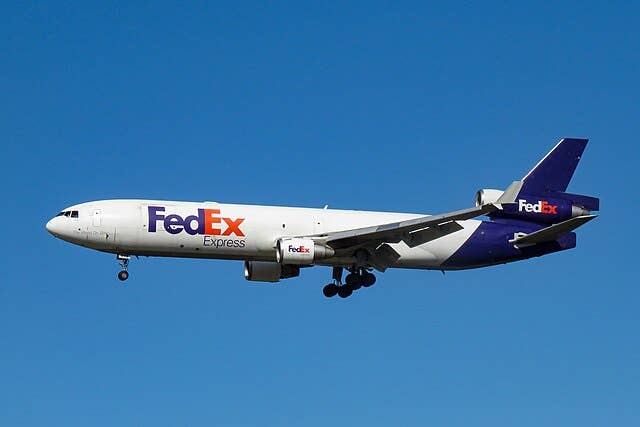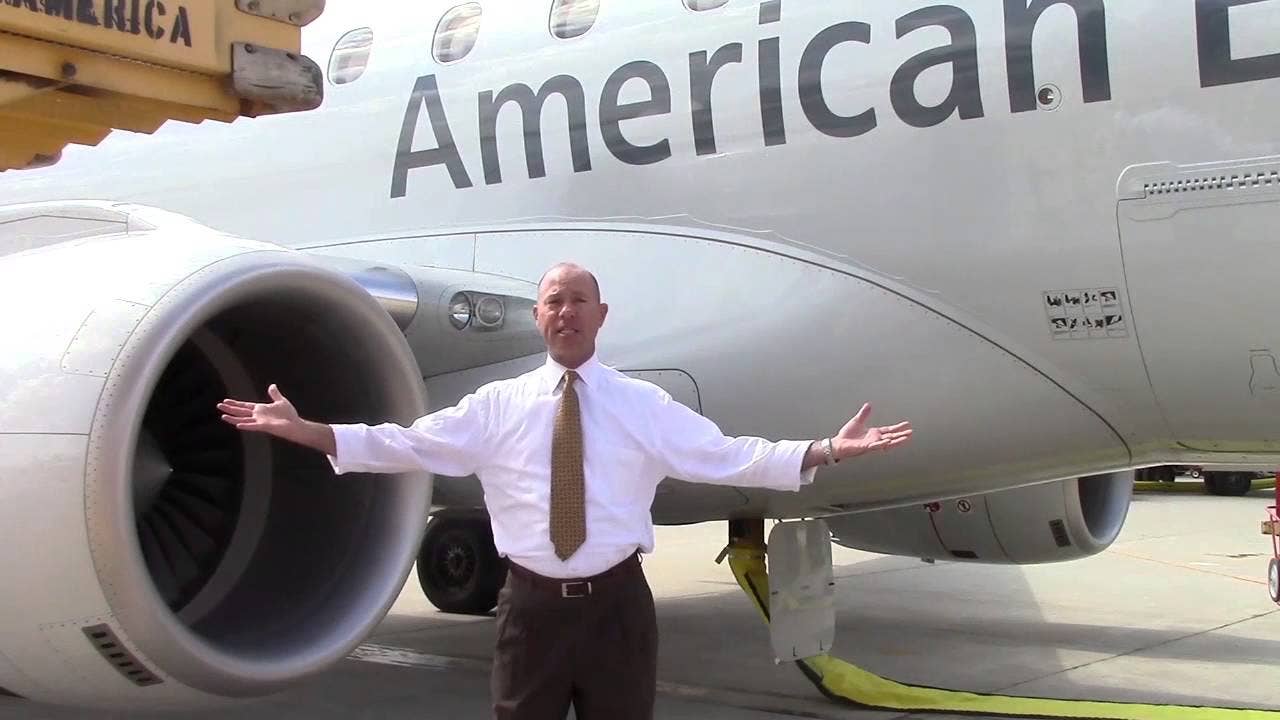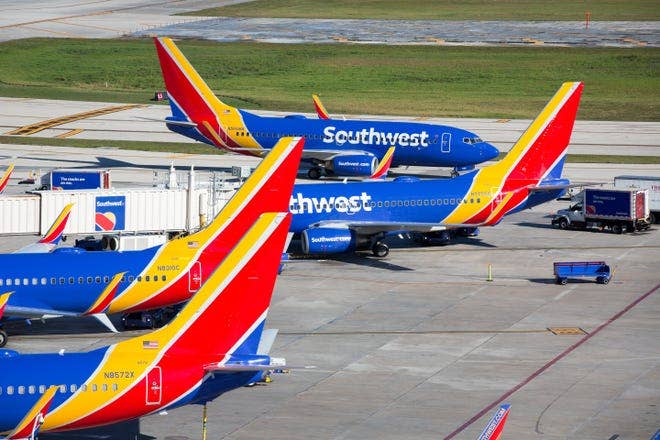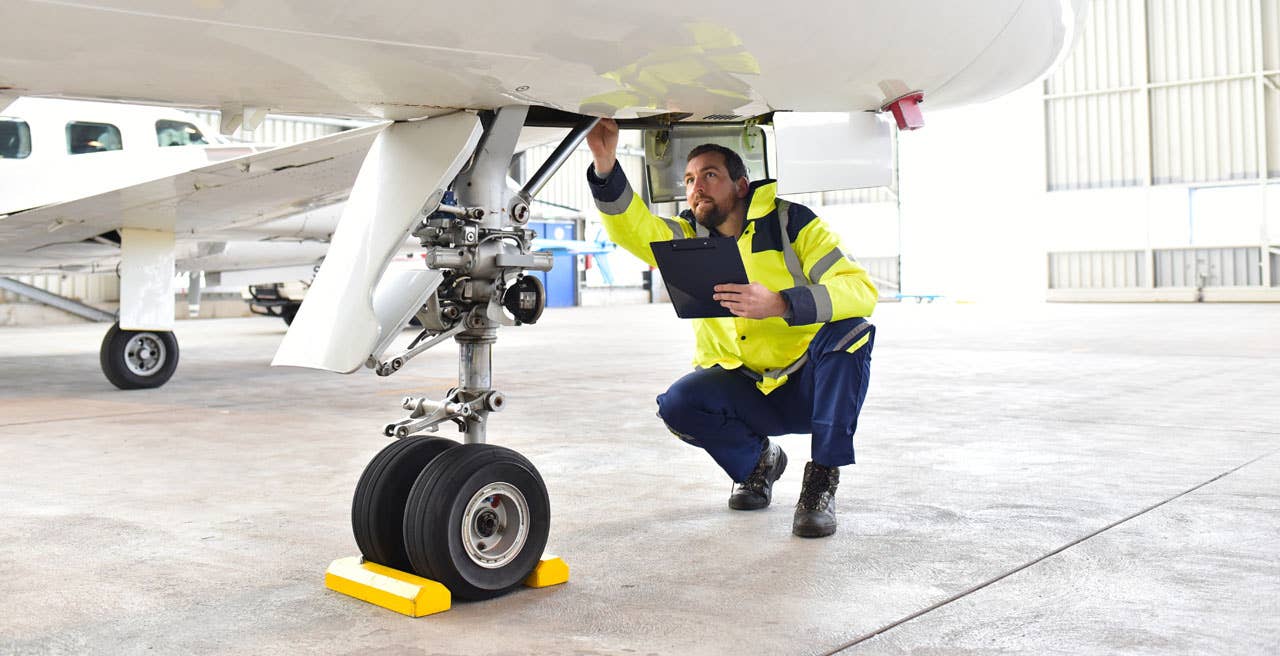House Panel Investigates Eclipse Certification
A congressional committee on Wednesday heard a litany of concerns about the FAA’s oversight of the certification of the Eclipse very light jet, including a report that the FAA okayed the jet for a single pilot even though the FAA’s Flight Standardization Board had determined that the aircraft required a two-pilot crew. The House Aviation Subcommittee heard from Calvin Scovel, the Inspector General for the Transportation Department, who said his investigation showed that FAA employees were given “marching orders” by management and a target date was set for the jet’s certification. “It was a calendar-driven process … with a predetermined outcome,” he said. He added that FAA Administrator Robert Sturgell told him that the FAA, which recently completed a “special review” of the E500’s type certificate, will also review the production certificate. When asked by U.S. Rep. Robin Hayes, of North Carolina, if the Eclipse jet is a safe airplane to fly, Scovel responded, “My office has no evidence that it is unsafe.” Scovel later said that given the information that was available to the FAA on Sept. 30, 2006, when it awarded the type certificate, “a reasonable decision would have been to defer the granting of the type certificate.” The hearing lasted more than five hours and heard from witnesses on all sides of the issue. Be sure to click through to read AVweb Contributing Editor Mary Grady’s complete story on the proceedings, including these highlights: numerous squawks flagged during certification flights, many of them serious; testimony that FAA certification staff were pressured into certifying the aircraft; allegations that performance bonuses for FAA managers figured in the pressure to certify the aircraft; testimony from senior Eclipse executive Peg Billson that the FAA test pilots were flying “an immature aircraft”; links to all the relevant documents, including the testimony of Nick Sabatini, the FAA’s associate administrator for aviation safety.
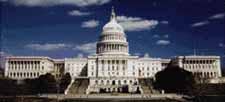
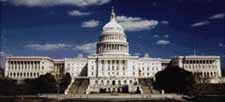 A congressional committee on Wednesday heard a litany of concerns about the FAA's oversight of the certification of the Eclipse very light jet, including a report that the FAA okayed the jet for a single pilot even though the FAA's Flight Standardization Board had determined that the aircraft required a two-pilot crew. The House Aviation Subcommittee heard from Calvin Scovel, the Inspector General for the Transportation Department, who said his investigation showed that FAA employees were given "marching orders" by management and a target date was set for the jet's certification. "It was a calendar-driven process ... with a predetermined outcome," he said. He added that FAA Administrator Robert Sturgell told him that the FAA, which recently completed a "special review" of the E500's type certificate, will also review the production certificate. When asked by U.S. Rep. Robin Hayes, of North Carolina, if the Eclipse jet is a safe airplane to fly, Scovel responded, "My office has no evidence that it is unsafe." Scovel later said that given the information that was available to the FAA on Sept. 30, 2006, when it awarded the type certificate, "a reasonable decision would have been to defer the granting of the type certificate."
A congressional committee on Wednesday heard a litany of concerns about the FAA's oversight of the certification of the Eclipse very light jet, including a report that the FAA okayed the jet for a single pilot even though the FAA's Flight Standardization Board had determined that the aircraft required a two-pilot crew. The House Aviation Subcommittee heard from Calvin Scovel, the Inspector General for the Transportation Department, who said his investigation showed that FAA employees were given "marching orders" by management and a target date was set for the jet's certification. "It was a calendar-driven process ... with a predetermined outcome," he said. He added that FAA Administrator Robert Sturgell told him that the FAA, which recently completed a "special review" of the E500's type certificate, will also review the production certificate. When asked by U.S. Rep. Robin Hayes, of North Carolina, if the Eclipse jet is a safe airplane to fly, Scovel responded, "My office has no evidence that it is unsafe." Scovel later said that given the information that was available to the FAA on Sept. 30, 2006, when it awarded the type certificate, "a reasonable decision would have been to defer the granting of the type certificate."
Among the concerns cited by the committee were avionics software issues; the lack of a drainage system for the pitot-static system, which made it subject to clogging from ice; intermittent false stall warnings; blanking or freezing of the cockpit displays; and flaps sticking in position. The committee also noted that the European Aviation Safety Agency, which normally certifies aircraft "automatically" if they are approved by the FAA, declined to do so with the EA500, and is conducting its own testing and review of the aircraft. The Inspector General said there are "inherent risks" associated with a new aircraft utilizing new technology, produced by a new manufacturer, and marketed with a new business model for its use, and the FAA should have exercised heightened scrutiny in certifying the aircraft.
Based on the interim results of the Inspector General's investigation, he recommended that FAA (1) reassess the propriety of its single-pilot certification for the EA500, (2) expedite its Notice of Proposed Rulemaking to clarify certification requirements for VLJs, (3) evaluate the propriety of allowing new, inexperienced manufacturers to certify their own aircraft for airworthiness prior to design certification, (4) discontinue prioritizing specific manufacturers' programs in its Performance Plan to avoid the appearance of favoritism or the perception of diminished vigilance in its oversight mission, and (5) implement a "cooling-off" period for its aircraft certification safety inspectors and engineers before allowing them to accept positions with the manufacturers they formerly regulated.
The committee heard from a panel of current and former FAA staffers who described a pattern of pressure from FAA management to meet the timeline for Eclipse certification. FAA software engineer Dennis Wallace said he had reported that the E500's software was not ready to be certified, and was "surprised" to hear that the type certificate was awarded anyway, on a Saturday afternoon. He described a meeting where staffers were told they were expected to "save the company" -- meaning Eclipse -- and said there was strong pressure from FAA management to certify the jet on time. David Downey, who was in charge of the Eclipse program for the FAA until he was removed by upper management, said he and others felt "trapped," and that in his years at the FAA, "nothing else comes close" to the kind of pressure that was brought to bear on Eclipse's behalf. "No Eclipse tactic was out of bounds," he said. After Downey was removed from his position, FAA headquarters required him to undergo a "peer appraisal," and the Eclipse chief operating officer was among those certifying his performance. "It would appear that this was an obvious conflict of interest," the committee said in its report. Downey has since left the FAA for the private sector. Other FAA staffers testified that they believed bonuses and other benefits for FAA managers were tied to awarding the type certificate by the end of the fiscal year. Rep. Leonard Boswell, of Iowa, told the FAA employees who testified to contact him personally if they experience any retribution from the FAA.
A common theme during the hearing was that the FAA must move away from its "customer service" model, which has led to too-cozy relationships with manufacturers, and ensure that public safety remains the agency's number-one priority. The committee also encouraged management to do a better job of listening to objections from its staff. A panel of FAA officials said they would work toward improving in those areas. Near the end of the lengthy proceedings, Peg Billson, general manager of the Eclipse manufacturing division, was called to testify. She said that nobody at Eclipse Aviation was interviewed for the Inspector General's report, and she hoped to clear up misconceptions and misinformation about the company and the airplane. "It was a very confused and frustrating time," she said of the certification process. She said that she gave the FAA test pilots "an immature airplane" to evaluate, and their concerns were based on the characteristics of that non-conforming aircraft. "We had some false starts," she said. Rep. Boswell told Billson the Inspector General's report, and the hearing, were not about Eclipse, but about the FAA and their procedures. "It's our role to provide aggressive oversight to ensure that the FAA is doing their job," he said.
For more information:
- Click here to read the committee's summary of the topics to be covered in the hearing. (PDF)
- Click here to read a summary of the Inspector General's report, with a link to the full text.
- Click here to watch the archived video from the hearing (all five hours of it).
- Click here to read the printed testimony from the FAA's Nicholas Sabatini, associate administrator for aviation safety.
- Click here for the written testimony from NATCA President Pat Forrey. (PDF) Forrey did not appear at the hearing, but Aircraft Certification National Representative Tomaso DiPaolo was there as NATCA's representative.

